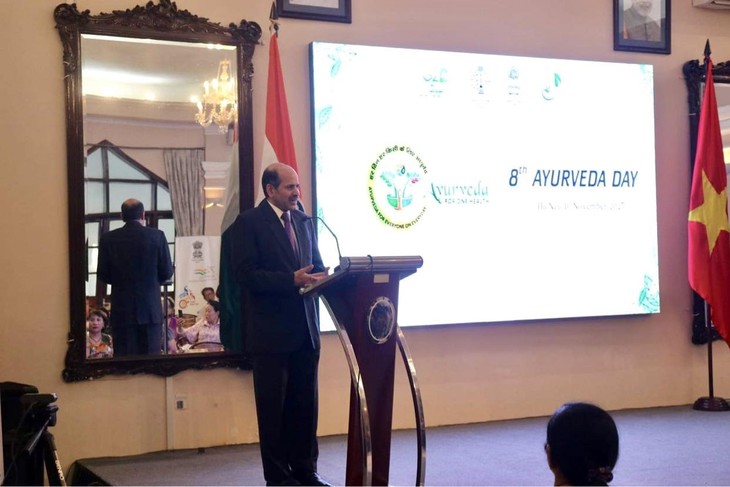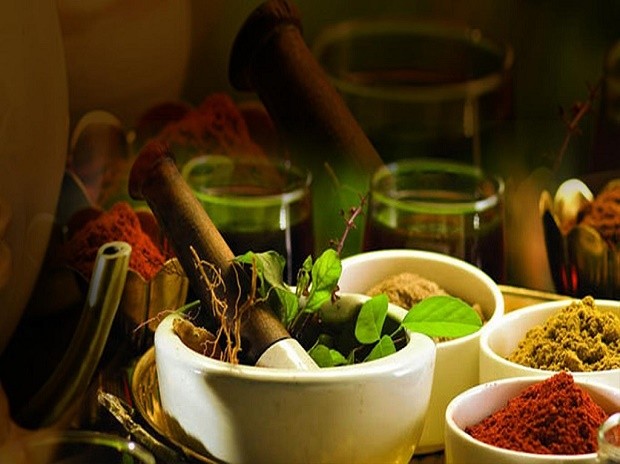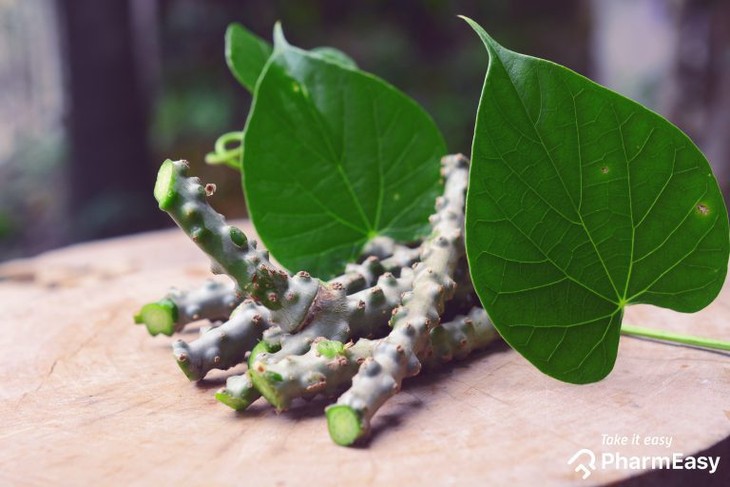(VOVWORLD) - Ayurveda is India’s original healthcare tradition. It’s not simply a system of medicine, but a manifestation of our symbiotic relationship with nature. It is a well-documented system of healthcare which gives curing disease and promoting good health equal consideration.
 Prince Singh, an Indian yoga instructor in Hanoi Prince Singh, an Indian yoga instructor in Hanoi |
Prince Singh, an Indian from Punjab state and a yoga instructor in Hanoi, told VOV that he knows Ayurveda therapies and has used the method (though not very often because of limited conditions).
He said that 80% of the people in India and Nepal practice Ayurveda, an alternative medicine system with historical roots in the Indian subcontinent.
According to Prince, “Ayurveda is effective in reducing stress and anxiety. It is also help to boost the immune system if we use it regularly in daily life. It also promotes the digestive system which is very important for human health. Ayurveda improves skin health along in etching brain function. It supports heart health and improves sleep quality.”
What is Ayurveda and why do many Indians believe in its methods?
Ayurveda is one of the most ancient and well-documented systems of medicine still relevant today. Its holistic approach to maintaining health or curing illness is unparalleled. Preventing disease and promoting health is the main aim of Ayurveda.
 Ambassador to Vietnam Sandeep Arya speaks at a recent ceremony in Hanoi to introduce the traditional practices of Ayurveda (Photo credit: Embassy of India) Ambassador to Vietnam Sandeep Arya speaks at a recent ceremony in Hanoi to introduce the traditional practices of Ayurveda (Photo credit: Embassy of India) |
India’s Ambassador to Vietnam Sandeep Arya said at a recent ceremony in Hanoi that Indians believe the traditional practices of Ayurveda are extremely effective in maintaining human health.
“This approach is unlike modern medicine in which, if you have an illness, you take medicine and you feel better,” said the diplomat, adding, “Practitioners feel that Ayurvedic medicine promotes health on a long-term basis without any side effects and generates better health overall. One component of the belief is aligning your heart and mind with your physical state.”
 Factors that can help improve immunity in Ayurveda (Photo: ishaniayurveda.com) Factors that can help improve immunity in Ayurveda (Photo: ishaniayurveda.com) |
Ayurveda requires a full understanding of the action of spices, food, and medicinal plants and their potential influence.
In Ayurveda, disease is due to an imbalance or stress in a person's consciousness. Ayurveda encourages certain lifestyle interventions and natural therapies to restore a balance between body, mind, spirit, and environment.
An Ayurvedic lifestyle means the day is structured around seasonal elements and the Earth’s natural circadian rhythm. This includes regulating one’s sleep schedule to wake up with the sun, eating natural, unprocessed foods, and practicing mindful living.
 Ayurveda Living (Photo: ayurvedum.com) Ayurveda Living (Photo: ayurvedum.com)
|
The simple habits and practices of an Ayurvedic lifestyle enable a person to be in sync with the environment, thereby promoting a healthier, more sustainable existence. It is an ingrained part of the Ayurvedic philosophy, says Ashwin Gautam, the winner of a short video contest on using Ayurveda in the kitchen for a healthier life.
He took the use of utensils made of iron and stainless steel as an example, adding, “The utensils are not reactive to the food we make and retain the nutritional constituents of the food. We use containers made of copper to store water as it naturally purifies the water inside. In the kitchen we also use tools made of stone.”
Many people wonder how to make healthy practices inspired by Ayurveda part of their daily life. Ashwin says it’s very simple.
Here’s what Ashwin presents in the kitchen to provide an effective solution for many day-to-day disorders and diseases:
“Black pepper and ginger can be used to treat severe cough and cold. They also help in reducing inflammation and pain and are good for digestion. Due to the anti-inflammatory properties of thymol and other essential oils, a join can help to reduce the pain of toothaches,”
“Zeera (cumin) is a very good source of potassium and iron, which helps in building up your immune system. Both of them, when combined, can boost your metabolism. The spices in our kitchen help to combat many of the diseases we face in day-to-day life. Spices give taste to our food, and also spice up our immune system.”
“All of them have antiviral, antibacterial anti-climentary properties. Turmeric, and especially its most active compound curcumin, have many scientifically-proven health benefits, such as the potential to improve heart health and prevent Alzheimer's and cancer.”
 Giloy – the ultimate immunity booster (Photo credit: pharmeasy.in) Giloy – the ultimate immunity booster (Photo credit: pharmeasy.in)
|
Meanwhile Prince said there is an essential herb in Ayurvedic medicine that can treat nearly every condition.
People take it to support general wellness and treat a wide range of conditions, including fever, infections, and diabetes. That is giloy or Tinospora cordifolia, a climbing shrub that grows on other trees.
“Giloy is an antipyretic herb. It improves platelets count in dengue fever and reduces the chances of complications. Regular intake of giloy helps to improve immunity during dengue and also for a speedy recovery,” Prince noted.
Ashwin noted that in his kitchen there are always fresh seasonal fruits and vegetables which help in combatting diseases one might encounter in that particular season.
Since 2016, the birthday of Dhanwantari Jayanti, known as the Physician of the Gods and the divine propagator of Ayurveda, has been observed as Ayurveda Day. This year, India plans to celebrate Ayurveda Day in 100 countries with the theme ‘Ayurveda for One Health’, which coincides with the theme of India’s G20 Presidency.